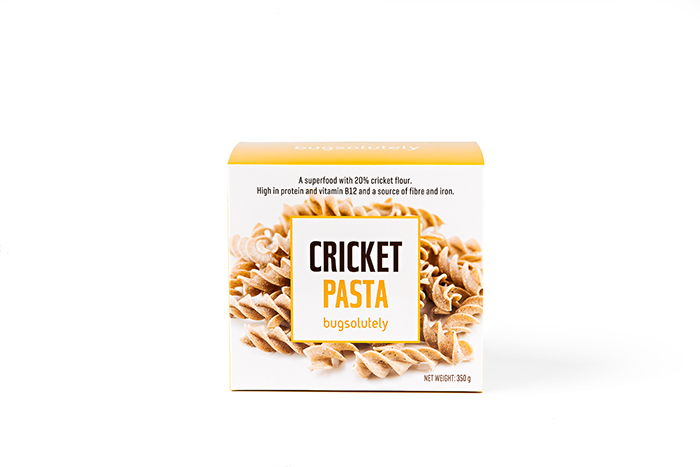When Massimo Reverberi thinks about crickets, cookies come to mind – as well as pasta, breadsticks, muesli, drinks and dipping sauces. His Bangkok-based company, Bugsolutely, is part of a niche market of packaged foods using “cricket flour” – insects ground into a powder – to pack in the protein.
“I think you can mix crickets with a huge number of existing food products,” Reverberi said. “It’s all about food technology. There’s a lot of R&D to be done.”
When it comes to insect farming, the major industry of the future is animal feed – an area that is already attracting investment from major multinationals. However, Reverberi is convinced that there is plenty of business in human food too, especially if companies can “change the perception of people”.
“The entire world forgot about insects as a food category,” he said, which means that both exporting and importing countries need to draft new regulations before they let the bug-infused food pass through.
If the cricket industry is able to expand, Reverberi said, it could be a windfall for farmers in Thailand and Cambodia, where crickets have long been part of the diet but never a particularly lucrative trade.
“In Asia, they don’t know it’s a superfood,” he said of the insects, which are already popular with health-conscious consumers because they have three times the protein of beef, are low in fat and high in vitamins. “On the farming side… it’s a side activity because you only need a little bit of space,” he added.

Reverberi imagines thousands of farmers in Southeast Asia raising crickets to meet rising demand. Although companies in the US and Europe are already growing crickets for consumption, the input costs are comparatively huge.
A kilogram of cricket flour costs about $20 in Thailand, he said, as opposed to as much as $200 coming from a manufacturer in the West.
While Reverberi must deal with the added cost of exporting his Cricket Pasta to sales points across the world, he said that scale would eventually give Southeast Asia-based companies an obvious advantage. While Bugsolutely China got the backing of an investor to create its Bella Pupa silkworm chips, it has yet to find financial backing for its pasta.
“But three years ago there was nothing about edible insects,” Reverberi added. “So I think it’s progressing fast.”


